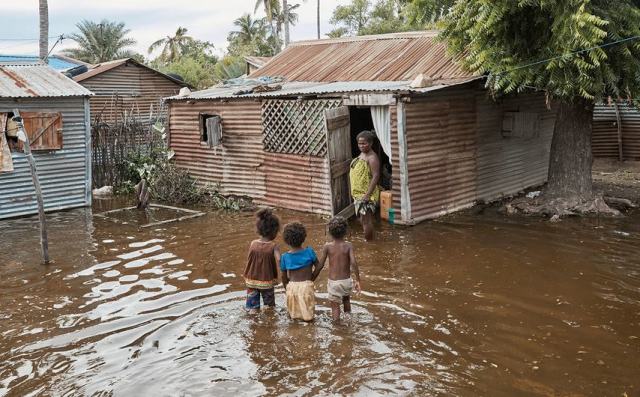Amid escalating concerns over climate change, biodiversity loss, and pollution, more than 7,000 delegates from 182 countries have convened in Nairobi, Kenya, for the sixth session of the United Nations Environment Assembly (UNEA-6), slated to run until Friday.
In her opening address, Inger Andersen, Executive Director of the UN Environment Programme (UNEP), highlighted the widespread impacts of environmental degradation, emphasizing the urgency of collective action. She noted that while vulnerable communities bear the brunt of these impacts, no one is immune to the consequences.
Established in 2012 as a result of the UN Conference on Sustainable Development, UNEA serves as the preeminent global decision-making body on environmental issues, with all 193 UN Member States as members. The assembly convenes biennially to set global environmental priorities and shape international environmental law, thereby guiding the work of UNEP.
This year’s agenda includes negotiations on resolutions addressing a range of critical issues, from nature-based solutions and hazardous pesticides to land degradation and drought. Discussions will also focus on the environmental implications of minerals and metals.
Leila Benali, the President of UNEA-6 and Morocco’s Minister of Energy Transition and Sustainable Development, stressed the importance of multilateral diplomacy in addressing the current environmental challenges. Andersen highlighted the diverse representation at the assembly, including youth, civil society, Indigenous Peoples, women, and business leaders.
With 19 resolutions under consideration, UNEA-6 aims to catalyze more ambitious multilateral environmental action. Proposed resolutions cover topics such as solar radiation modification, climate justice, chemical and waste management, and mitigation of sand and dust storms. Andersen emphasized the potential benefits of these resolutions, including the acceleration of emissions reduction efforts, improvement of air and water quality, and enhancement of resilience to environmental crises.

